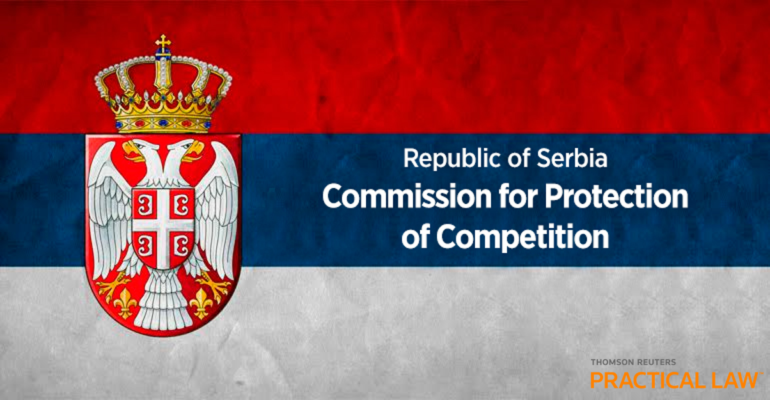During the first quarter of 2017, the Serbian Commission for Protection of Competition of the Republic of Serbia handed down a number of decisions in different areas of competition protection and recognized the necessity of conducting analyses of vital sectors such as telecoms, oil products and oil-derivatives:
- Restrictive agreements. The Commission decided to investigate a close collaboration between two large players on the oil products market in Serbia. On March 13, 2017, the Commission fined two direct competitors – Victoriaoil and Vital – for entering into a mutual cooperation agreement under which Vital agreed to outsource production and packaging of refined edible sunflower oil to its competitor, Victoriaoil, whereby bottled oil was eventually to be sold under the “Vital” brand name. In the Commission’s view, the restriction of competition between two popular brands of sunflower oil, “Vital” and Victoriaoil’s “Iskon” manifested itself conspicuously on three fronts: the identical increase in oil prices for both brands, the smoother exchange of trade secrets and other commercially sensitive information between competitors and scaled back output of sunflower oil on the market.
The decision at hand has been lauded among experts, given that it is the result of an elaborate regression economic analysis to determine the counterfactual situation that would have occurred on the market had the subject agreement not been concluded. Nevertheless, the decision also came in for some criticism – the fine of approximately EUR 260,000 was perceived as too low considering the seriousness of the competition infringement at hand.
- Mergers. Following an in-depth Phase II investigation, the Commission conditionally approved implementation of a concentration between Serbia Broadband (Srpske kablovske mreže LLC), a company owned by US investment fund KKR and a leading operator of digital and analogue cable television, broadband Internet and fixed telephony on the regional market (SBB), and Interaktivne kablovske objedinjene mreže – I.KOM LLC (“IKOM”). The merger at hand entailed the acquisition of sole control by SBB over IKOM. After a detailed analysis of the local telecom sector, the Commission concluded that risks for the market exist only in regards to the retail market of media content distribution services, in which the merger would further strengthen SBB’s dominant position. Thus, the Commission decided to conditionally clear the merger and ordered SBB to: divest network infrastructure that overlaps with IKOM, give IKOM’s current customers the option to change their subscriptions, and notify the Commission on any potential pricing alterations.
- Sectoral analysis. Since the beginning of 2017, the Commission has completed a sectoral analysis in the field of oil-derivatives for wholesale and retail markets. According to the Commission’s key findings – the transparency of business data must be improved due to the fact that the same types of costs are calculated differently by competitors at the same level of distribution and a precise statistical record of data on oil and petroleum products for all stages of the production and transportation cycle must be provided in order to allow continuous monitoring of the sector.
More importantly for market participants, the Commission recently initiated a sectoral analysis in the retail market, which may, as announced, result in a new antitrust investigation. This analysis will focus on: the relationship between competitors in retail and wholesale, the contractual relations between suppliers and retailers (balance in their negotiating power, characteristics of their rebates policies) and the influence of product brands on consumer selection.
Source: Commission for Protection of Competition of the Republic of Serbia, in Serbian (and partially in English).
This article was previously published by Thomson Reuters/Practical Law and available on our website with the permission of the publisher.

